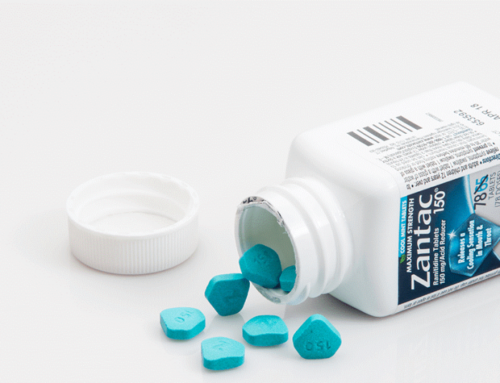Purdue Pharma and its owners, the Sackler family, have been accused of aggravating the country’s ongoing opioid crisis. However, they were handed a temporary break on October 11 when the presiding bankruptcy judge paused litigation against them. Judge Robert Drain issued the temporary injunction that stops further court action for now.
In an “extraordinary” move, Judge Drain also extended his order to the Sacklers, who have not yet filed for bankruptcy. He believed the decision was necessary in light of the circumstances of the case. Purdue attorneys had argued that lawsuits against the Sackler family are basically lawsuits against the company.
State attorneys general and other plaintiffs were unhappy about the injunction. The break, however, is only for 30 days. That’s far less than the 180 days Purdue requested. Also, Purdue agreed to allow the plaintiffs to access more information about the Sackler family finances. This is especially important because of the alleged role the Sacklers played in the crisis. Money from them may ultimately be used to fund a settlement, or to contribute to some other resolution.
There are massive public health costs associated with the opioid epidemic. If money is later obtained in some way from the Sacklers, it could go towards treatment and addiction programs. Although it remains to be seen if that will materialize, the plaintiffs can at least learn more about the money.
A tentative settlement was reached in September with about 2,600 plaintiffs who sued Purdue over its OxyContin medicine. That settlement has remained controversial, however, and many plaintiffs did not agree to it. Purdue hopes to use the temporary injunction to build support and progress for the deal. They also want to preserve funds for a possible settlement, which is one reason for their request to pause litigation.
Extending the injunction to cover the Sacklers will also keep them committed to the settlement. They had threatened to withdraw support for the deal without some assurance of protection.
Under the potential settlement, the Sacklers would contribute $3 billion to a fund to help alleviate opioid public health costs. For many plaintiffs, however, it’s an insufficient amount of money. They argue that these costs will continue for many years and will reach well into the billions of dollars.
Another controversial part of the tentative settlement is the formation of a new company to sell OxyContin and other drugs. Profits from the sale of these medicines would be used to compensate victims. But critics argue that this provision would only continue the very cause of the crisis itself.
A speedy resolution to this case remains elusive. States who were already unhappy with the proposed settlement were also disappointed by the temporary injunction. They have vowed to push forward and continue seeking compensation for opioid victims. That means litigation, though paused for now, will likely stretch into the foreseeable future.
OxyContin and other opioids like hydrocodone and morphine are extremely addictive pain relievers. Lawsuits have been filed against Purdue and other major opioid manufacturers, accusing these companies of:
- Marketing and selling opioids with little or no regard for public safety
- Failing to warn patients and doctors about dangerous opioid side effects
- Pushing doctors to over-prescribe opioids
- Contributing to and ignoring the black market for opioids
Approximately 47,000 Americans have died from opioids since 2017. That same year, the Department of Health and Human Services declared a public health emergency. Side effects of opioids include addiction, withdrawal, heart and respiratory problems, and death.
Pharmaceutical companies are liable for failing to market and sell reasonably safe drugs. The opioid crisis is a glaring and unfortunate example of this failure, and it has victimized far too many people. Victims of opioid abuse and their families should contact an experienced drug injury attorney regarding the opioid mass tort case. An attorney can discuss their legal rights and explain possible options to obtain compensation for their injuries.






Leave A Comment